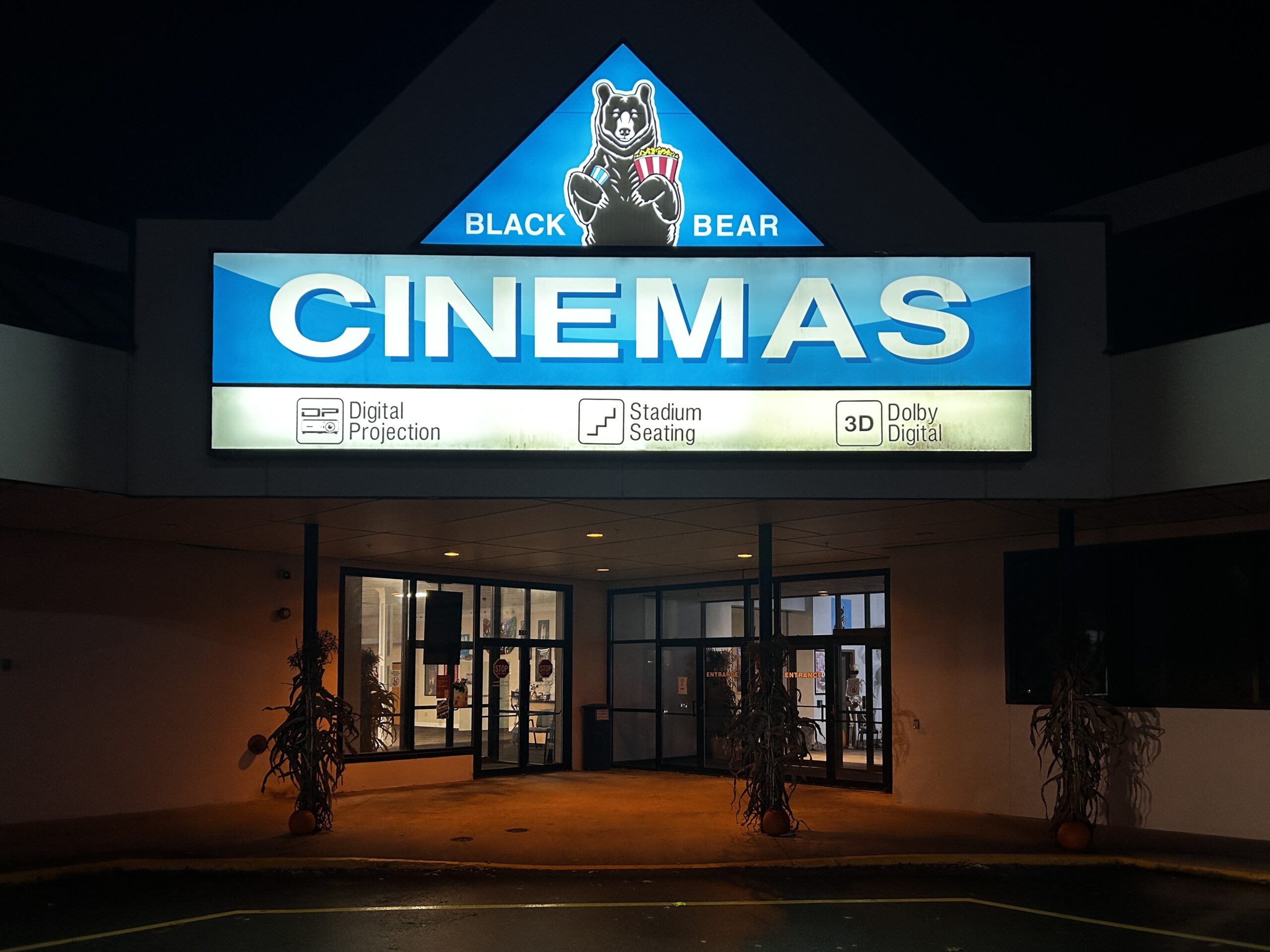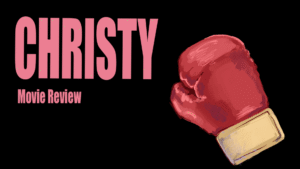What is there to really say about ‘The Running Man?’ I figured no one was really going to do anything with the IP after the 1987 film with Arnold Schwarzenegger. But, lo and behold, Hollywood manages to prove me wrong yet again with this lovely remake by British filmmaker Edgar Howard Wright, starring Glen Powell as our main protagonist Ben Richards.
Baffling how the same man who brought us films like “Shaun of the Dead,” “Baby Driver,” and “Hot Fuzz” could deliver such a bloated 133 minute mess of a film. Especially when the film’s budget was a whopping $110 million, and it only returned $28.2 million at the box office.
The plot of the film centers on who else but Ben Richards, a family man with an anger problem living in Co-Op City, who is just trying to provide for his family. After a failed job search and feeling the pressure to earn money, Ben tries out to be a contestant on a Network game show, and wouldn’t you know it, thanks to his intense anger, he gets picked for the most dangerous game show of all, The Running Man. He gets set up with two other contestants and must survive 30 days to be the winner.
Anyone in the country can hunt the contestants and is encouraged to do so for a sizable cash reward. In addition to being hunted by the entire United States, the participants are also being tracked down by “The Hunters,” led by their masked leader, Evan McCone, played by Lee Pace.
Throughout the film, we follow Richards as he tries to outrun the hunters and slowly but surely attempts to beat the game, and by extension, the system, and get back to his family. The film conveys a multitude of anarchist, anti-corporate, anti-establishment and anti-capitalist messages, with Richards meeting many rebels along his journey and becoming a sort of figurehead for radical change against the greedy corporation overlords.
It is a pretty solid plot. How could you screw it up? Well, quite a few ways apparently, but one of the worst of them is a notorious repeat offender.
Pacing. Yes, a problem that appears to be a staple in many modern films. This movie is poorly paced, with some portions moving too quickly. It also feels like the film relied too heavily on the supporting characters, resulting in a structured loop of “Richards is in disguise, Richards is found out, Richards runs away, supporting character finds Richards, supporting character helps Richards escape, repeat.”
But let’s pump the brakes on the harsh words for a moment. I would like to start by highlighting some positives. The action was on point; if there is one thing these films do right, it is action. The set design for this film is phenomenal, particularly in the beginning. The portrayal of a dystopian America, complete with trash-strewn streets and crappy cars — including a Pacer in one of the opening scenes, was well executed. The costumes effectively captured the stereotypical aesthetic of homelessness and showcased the visual disparity between social classes.
However, it feels somewhat cliché. The antagonistic group known as ‘The Hunters’ consists of generic military figures with guns, lacking any distinctiveness.
Now I want to touch upon the one thing that really rubbed me the wrong way. The messaging in this movie is so blatantly pushed in this film. It’s flagrantly anti-establishment. That alone isn’t terrible; there have been plenty of films over the years that have taken that stance and executed it well.
Yet, coupled with the dialogue, you get scenes like when a rebel named Elton Parrakis, portrayed by Michael Cera, is telling Richards the tragic story of his father, an ex-cop, who fought back against the corporations that bought the police and was eventually gunned down by his cop buddies, who turned on him. The scene ends with Ben saying how terrible these corporations are.
Then he takes a sip of a damn Monster Energy, holds it up so that the camera can see it, and asks Ben, “Monster?”
How can a film that is toting an anti-corporate message suddenly shove a flagrant product placement in my face? Frankly, it was a massive disappointment for me. It felt like the puzzle pieces were all laid out, but someone got bored halfway through putting it together. It really makes me appreciate the original.
Even now, I still want to love this movie, but the hammy nature of its writing, the gaudiness and blandness of its presentation, and the clashing and clunky assortment of messages hurts the film too much for me to enjoy.
Now all we need is a remake of “Jingle All the Way.” I think Hollywood can manage that one just fine.










